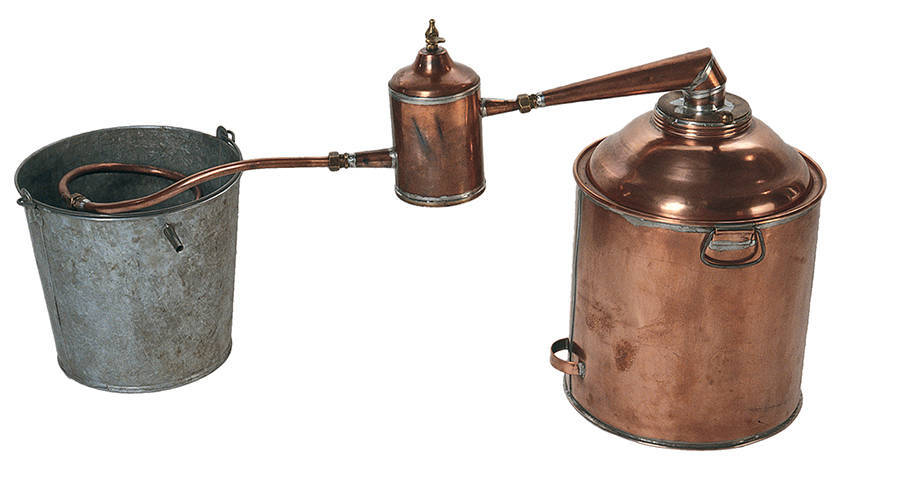The Government-Approved Alcohol Poisoning That Killed 10,000

Ullstein Bild/Getty ImagesGovernment officials pour out bootlegged liquor into the street during Prohibition.
In the mid-1920s, Prohibition was in full swing. Unfortunately, so was the business of bootlegging. The government couldn’t keep up with the number of speakeasies that were popping up and were having a hard time tracking down each and every member of the bootlegging empire. It seemed, for the prohibitionists, there was no way to control the masses.
Then, in 1926, the government got an idea and turned the tables on the alcoholic public. Using the very thing they were attempting to prohibit, the government hoped that they would end alcohol consumption once and for all.
Because grain alcohol and liquor were hard to obtain, people began turning to more easily accessible alcohol — such as those found in paint thinner and wood polish.

Chicago History Museum/Getty ImagesA copper still and bucket, used for renaturing bootlegged alcohol.
This “industrial alcohol” was essentially grain alcohol with chemicals added to it, through a process called “denaturing,” that rendered it undrinkable. Denaturing was started in 1906 as a way for manufacturers to avoid taxes that were levied on drinkable spirits. In order to make it drinkable again, bootleggers used mechanisms that filtered the chemicals out, in a process called “renaturing.”
Knowing how the bootleggers renatured their alcohol, they began adding chemicals to the paint thinners and wood polishes that couldn’t be filtered out, such as methyl alcohol or methanol – today a common ingredient in antifreeze.
Unbeknownst to the bootleggers, the chemicals rendered renaturing process entirely useless and effectively turned the alcohol into poison. By 1933, 10,000 people had died from drinking it, and those who hadn’t suffered hallucinations, blindness, and excessive vomiting.
The government simply told them they shouldn’t have been drinking the bootlegged alcohol in the first place.






